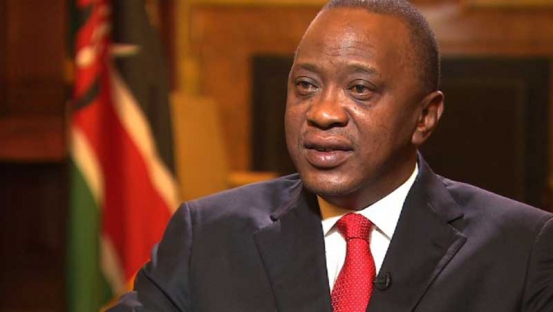
When you have placed your grief before an arbitrator, you don’t impeach the referee. You allow him latitude and benefit of the doubt. You do not brandish objects in his face and threaten everybody with unspecified consequences if the ruling will be against you. You don’t put the arbitrator’s integrity in doubt. The NASA presidential candidate in the August 8 election needs to remember this. NASA protested against the vote tallying and relaying of results even before the IEBC declared the outcome. In doing this, they were well within their rights.
Their eventual rejection of the outcome, too, was within their rights. Equally within this prism were the demonstrations that accompanied rejection of the result. The destruction of property and the fires that went with this were, however, not part of their rights. This was an infringement upon other people’s rights and freedoms.